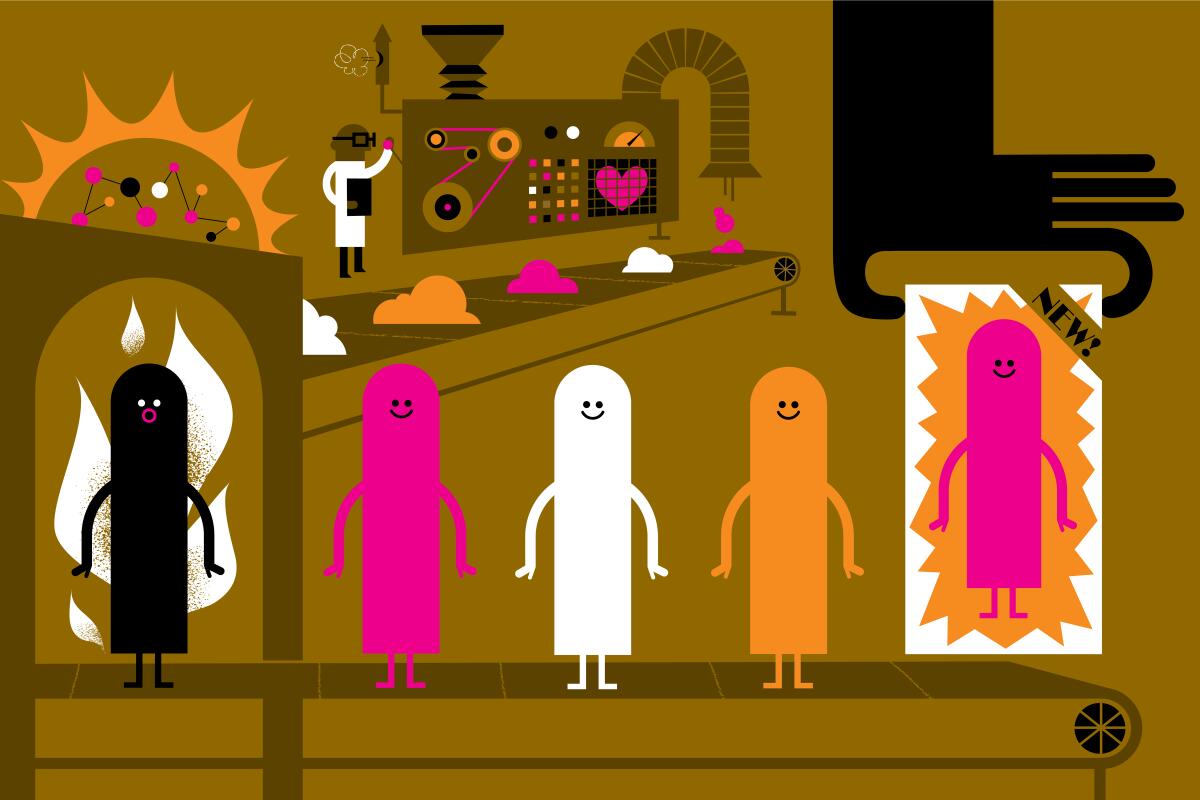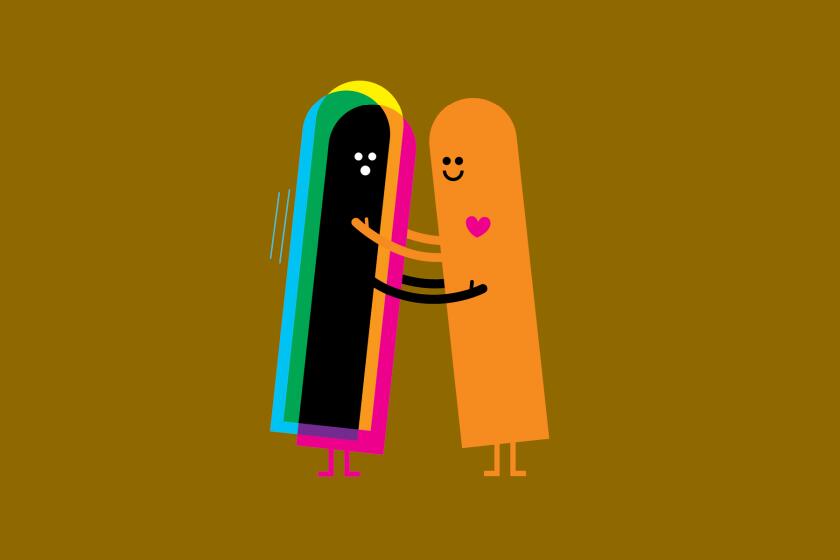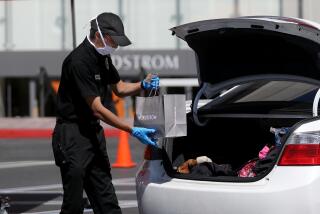Due to the coronavirus, sex-toy sales are up, stigma is down

The near-countrywide stay-at-home shutdown has, over the last month, turned us into a nation of at-home mask makers, stress bakers, manicurists and declutterers. It’s also turned us into a nation of self-gratifying pleasure seekers eager to stay connected — sexually and intimately — with both ourselves and others during this anxiety-fraught period of extended social isolation. At least that’s a conclusion that can be drawn from the recent increase in sex-toy sales.
Adult novelty companies contacted by the L.A. Times reported increased web traffic and surging sales, particularly in late March, after stay-at-home orders started being issued coast to coast.
Chad Braverman, chief creative officer for Doc Johnson, a North Hollywood-based adult novelties business, said sales were already booming — up double digits in January and February compared with the previous year — before rocketing 100% year-over-year for the last five days of March.
From sex-coach apps to teledildonics, options for sexual intimacy are right at your fingertips
At Ontario, Calif.-based CalExotics, founder and Chief Executive Susan Colvin reported a 30% jump in internet sales toward the end of last month (though she pointed out the jump did little to offset the loss of wholesale bricks-and-mortar business). For Lelo, a luxury sex-toy brand headquartered in Stockholm, the rise was 60% over the same period, while Lovense, which focuses on internet- and Bluetooth-connected interactive toys (a field known as teledildonics) reported March to be the second-best-performing month in the Hong Kong firm’s nine-year history behind last Christmas.
“I’m not at all surprised by that,” said psychologist Laurie Mintz, a University of Florida professor and author of “Becoming Cliterate: Why Orgasm Equality Matters — And How To Get It” (as well as a consultant to Lelo). “Orgasms have long been known to flood your body with good chemicals that help you sleep and decrease anxiety. ... There are a lot of people who have been using sex toys for a long time, but I think quarantine at home has really allowed [sex toys] to become more mainstream.”
As an example of just how mainstream, Mintz pointed to the March 27 NYC Health Department advisory titled Sex and Coronavirus Disease 2019 (COVID-19), which reads, in part: “You are your safest sex partner. Masturbation will not spread COVID-19, especially if you wash your hands (and any sex toys) with soap and water for at least 20 seconds before and after sex.”
“People are scared,” Mintz said. “People are lonely, and I think there’s been enough talk [about the topic that] it’s destigmatizing sex toys and masturbation — finally — and that could be one of the very few positive outcomes of all this.”
People are also seeking advice and tips on how to navigate intimacy in the midst of the coronavirus-caused chaos. At Coral, a 6-month-old Culver City-based app that’s part sex coach and part digital intimacy guide (its motto: “a guide to horizontal happiness”), the number of new users shot up 45% last month with the number of users opening the app in just the last week of March rocketing 140%.
What might the lasting legacy be of the pandemic-provoked search for sexual intimacy? That’s something that’s been very much on San Diego sexologist Jill McDevitt’s mind.
“For a few weeks now, I’ve been really curious about the sexologist and sociologists who are going to be studying the social and sexual impact of this for decades,” she said. “Because I think it’s going to show us that sexuality is a need. It’s not frivolous; it’s not silly or inappropriate. It’s a human need. And here we are going back to basics as humans right now with just the necessities. And this is proving to be a necessity. People want to know how to stay sexually connected.”
More to Read
Sign up for The Wild
We’ll help you find the best places to hike, bike and run, as well as the perfect silent spots for meditation and yoga.
You may occasionally receive promotional content from the Los Angeles Times.












